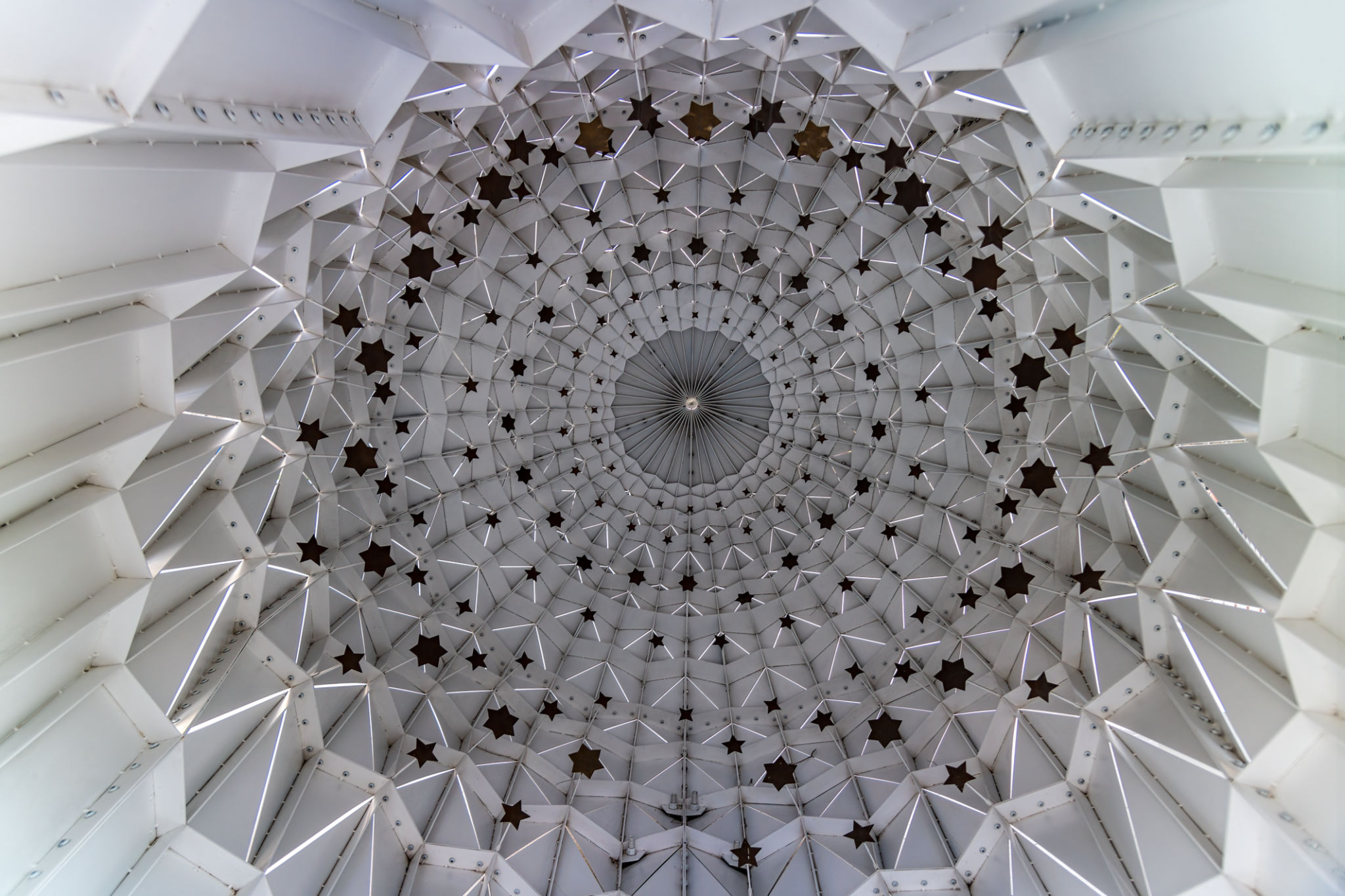Exploring the Best of Middle Eastern Culture: A Comprehensive Guide
Middle Eastern culture is a vibrant tapestry woven with rich traditions, diverse customs, and fascinating history. From the bustling souks of Marrakech to the ancient ruins of Petra, the region offers a plethora of experiences that captivate travelers and culture enthusiasts alike. This comprehensive guide delves into the heart of Middle Eastern culture, exploring its culinary delights, traditional arts, and timeless customs.
Culinary Delights
The Middle East is renowned for its delectable cuisine that tantalizes the taste buds with a blend of spices, herbs, and fresh ingredients. Dishes such as hummus, falafel, and shawarma have gained global popularity, offering a taste of the region's culinary heritage. Each country in the Middle East has its unique specialties, from the savory kebabs of Iran to the sweet baklava of Turkey.
To truly experience the region's culinary offerings, visiting local markets and dining at family-owned establishments is a must. These places often serve traditional dishes passed down through generations, providing an authentic taste of Middle Eastern hospitality.

Traditional Arts and Crafts
The Middle East is home to a rich tradition of arts and crafts that date back centuries. Intricate carpets, delicate pottery, and beautifully crafted jewelry are just a few examples of the region's artistic heritage. Persian carpets, for instance, are known for their exquisite designs and craftsmanship, making them highly sought-after worldwide.
Visitors can explore local bazaars to witness artisans at work and even purchase unique handmade items as souvenirs. These crafts not only reflect the region's cultural identity but also sustain traditional skills that have been preserved through time.

Cultural Festivals
Throughout the year, the Middle East hosts a variety of cultural festivals that celebrate its diverse traditions. Events such as the Dubai Shopping Festival and the Jerash Festival in Jordan offer a glimpse into the region's vibrant culture through music, dance, and art performances. These festivals provide an opportunity to engage with locals and experience the lively spirit of Middle Eastern communities.
Ramadan, one of the most significant religious events in the region, is a month-long observance marked by fasting, prayer, and communal gatherings. During this time, cities come alive with special night markets and festive lights, adding to the cultural richness of the experience.

Historical Landmarks
The Middle East is a treasure trove of historical landmarks that tell stories of its ancient civilizations. From the majestic pyramids of Egypt to the intricate architecture of the Alhambra in Spain, these sites offer a window into the past. Petra in Jordan, with its rose-red sandstone facades, stands as a testament to the architectural brilliance of the Nabateans.
Exploring these landmarks provides insight into the region's fascinating history and its influence on global culture. Many sites are UNESCO World Heritage-listed, emphasizing their significance and preservation efforts.

Timeless Customs
Middle Eastern culture is deeply rooted in traditions that have been passed down through generations. Hospitality is a cornerstone of these customs, with guests often treated like family members. It is common for visitors to be offered tea or coffee as a gesture of welcome in many households.
Another timeless custom is storytelling, which has been an integral part of Middle Eastern culture for centuries. Storytellers, known as hakawatis, captivate audiences with tales from folklore and history, preserving cultural narratives through oral tradition.
By exploring these facets of Middle Eastern culture, travelers can gain a deeper appreciation for its diversity and enduring legacy. Whether through food, art, or age-old traditions, the Middle East offers an enriching experience that leaves a lasting impression on all who visit.